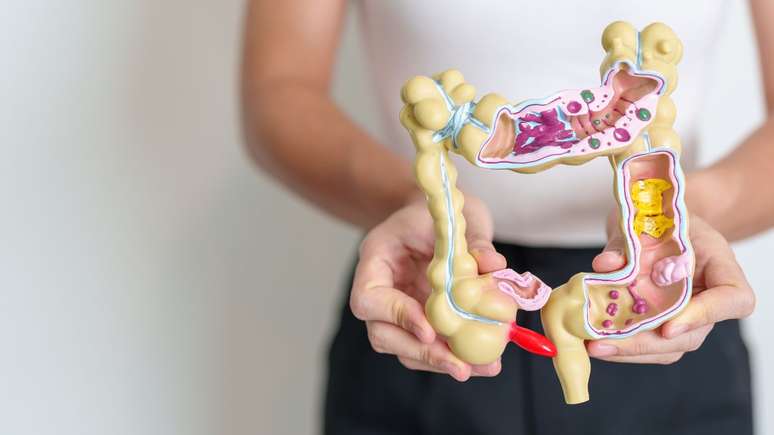Sleep problems at this stage of life were associated with vasomotor symptoms, psychotropic medication use, obesity, and other comorbidities
Summary
A study found that 20.6% of postmenopausal women suffer from sleep disorders, often associated with vasomotor symptoms, obesity, reduced use of hormone therapy and other comorbidities.
-
BY PARTICIPATING

Menopause: 1 in 5 women suffer from sleep disorders
-
BY PARTICIPATING

Groom uses artificial intelligence for Disney-inspired marriage proposal and delights the web
-
BY PARTICIPATING
-rhg1scm3eyxy.jpg)
Tiago Iorc updates his health after spinal surgery: ‘I woke up with 50% less pain’
-
BY PARTICIPATING

Val Marchiori gets emotional after cutting her hair during treatment for breast cancer
The idea of sleeping 8 hours a day seems like an unattainable dream for many postmenopausal women. At least this is what a Latin American study published last August in the journal Climateric states, according to which 20.6% of women at this stage of life complain of sleep disorders.
“Among these disorders, insomnia in particular is very widespread and significantly affects the quality of life of menopausal women. Sleep disorders are often associated with hormonal fluctuations and vasomotor symptoms (such as hot flashes and night sweats) associated with menopause. Furthermore, the use of psychotropic drugs, obesity, other comorbidities and lack of therapy are also linked to the problem hormonal”, explains Ana Paula Fabricio, gynecologist, with the title of Specialist in Gynecology and Obstetrics (TEGO).
“We are talking about a problem that not only affects the quality of life, as it makes the patient less productive, more drowsy and tired during the day, but is also associated with an increased risk of cardiovascular problems and mortality,” adds the doctor.
The study collected sociodemographic and clinical data from Latin American women and assessed the presence of sleep disorders. The work involved 1,185 postmenopausal women with an average age of 56.9 years, a body mass index (BMI) of 26.5 kg/m² and 8.6 years since menopause.
“Overall, one in 5 (20.6%) reports sleep disturbances. Compared to those without sleep problems, affected women had a longer postmenopausal duration, a higher body mass index, were more often smokers and housewives, and had more comorbidities. They were also less likely to have had a partner or to have used menopausal hormone therapy. Sleep disturbances also increased proportionally with age. severity of vasomotor symptoms, such as hot flashes and night sweats,” explains the doctor.
“It is important to put into context that in many Latin American countries the use of hormone therapy is relatively low compared to other regions, and women often resort to alternative therapies, such as herbal remedies. And we know that hormone therapy can improve the problem of vasomotor symptoms and also improve the quality of sleep,” says Ana Paula.
In addition to hormone replacement therapy, the gynecologist explains that approaches such as cognitive behavioral therapy for insomnia and lifestyle modifications are also essential.
“Important strategies to combat insomnia include: establishing a routine, with regular sleep and wake times; creating a favorable environment (dark, quiet and cool room); avoiding caffeine and alcohol; practicing physical exercise (but avoid doing it before going to sleep); and adopting relaxation techniques such as meditation and yoga,” says Ana Paula Fabricio.
“If insomnia persists and interferes with your quality of life, it is essential to consult a gynecologist or sleep doctor to identify the cause and receive appropriate treatment,” concludes Ana.
inspires transformation in the world of work, in business, in society. Compasso, a content and connection agency, is born.
Source: Terra
Ben Stock is a lifestyle journalist and author at Gossipify. He writes about topics such as health, wellness, travel, food and home decor. He provides practical advice and inspiration to improve well-being, keeps readers up to date with latest lifestyle news and trends, known for his engaging writing style, in-depth analysis and unique perspectives.







-qhl2q32de4ok.jpg)
